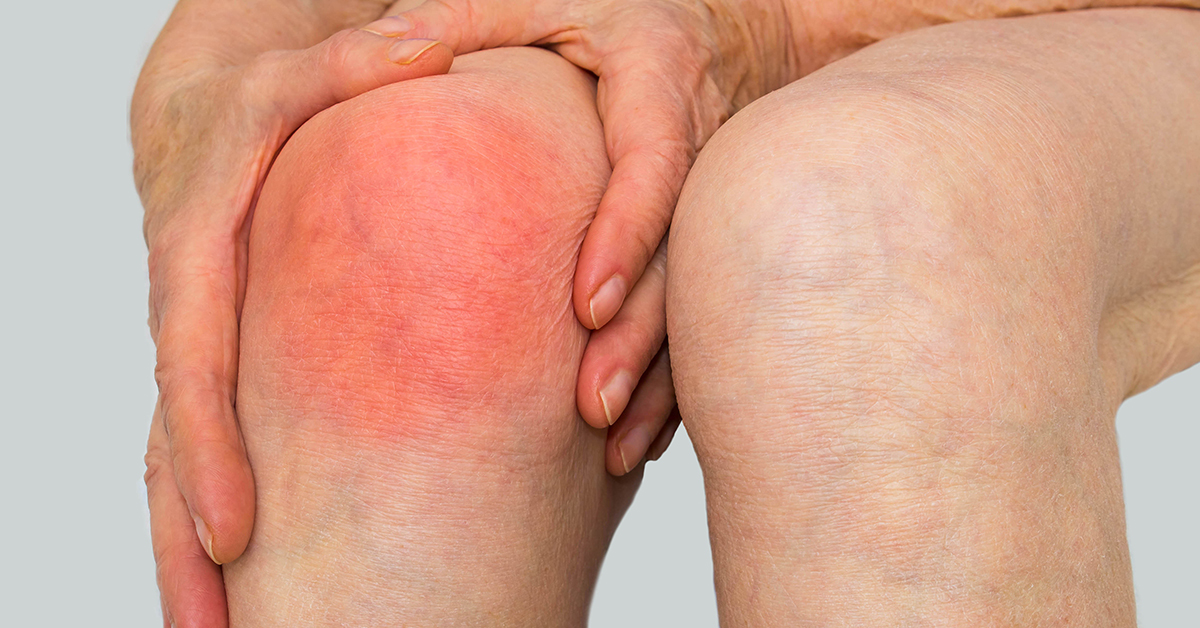
Rheumatoid Arthritis Knee Pain
Rheumatoid arthritis (RA) is a chronic autoimmune disorder that primarily affects joints, including the knees. Unlike osteoarthritis, which is caused by wear and tear, RA occurs when the body's immune system mistakenly attacks the synovium, the lining of the membranes that surround the joints. This results in inflammation, pain, and ultimately, joint damage. Understanding the nature of rheumatoid arthritis knee pain is crucial for managing the condition and improving quality of life.
Symptoms of Rheumatoid Arthritis Knee Pain
RA knee pain typically manifests as persistent pain and stiffness, especially after periods of inactivity, such as in the morning. The pain is often symmetrical, meaning it affects both knees simultaneously. In addition to pain, other symptoms include swelling, warmth, and redness around the knee joints. The inflammation can cause the knee to feel tender to the touch, and the joint may appear swollen due to the buildup of synovial fluid.
RA can also lead to the formation of rheumatoid nodules, which are firm lumps that develop under the skin around the joints. These nodules can vary in size and can sometimes be painful. Over time, the chronic inflammation associated with RA can cause damage to the cartilage and bones, leading to joint deformity and loss of function.
Causes and Risk Factors
The exact cause of rheumatoid arthritis remains unknown, but it involves a combination of genetic and environmental factors. Certain genes may make individuals more susceptible to the disease, while environmental factors, such as smoking or exposure to certain viruses and bacteria, can trigger its onset. Women are more likely to develop RA than men, and the risk increases with age. Family history of RA and other autoimmune diseases also play a significant role in increasing the risk.
Diagnosis
Diagnosing rheumatoid arthritis involves a combination of clinical evaluation, laboratory tests, and imaging studies. A healthcare provider will assess symptoms, perform a physical examination, and review medical history. Blood tests are used to detect markers of inflammation, such as elevated erythrocyte sedimentation rate (ESR) and C-reactive protein (CRP). Additionally, specific antibodies, like rheumatoid factor (RF) and anti-cyclic citrullinated peptide (anti-CCP), are often present in individuals with RA.
Imaging studies, such as X-rays, MRI, or ultrasound, can help visualize joint damage and inflammation. Early diagnosis and treatment are crucial to prevent severe joint damage and improve long-term outcomes.
Treatment Options
Managing rheumatoid arthritis knee pain involves a comprehensive approach that includes medication, physical therapy, lifestyle changes, and sometimes surgical interventions.
Medications
Several types of medications are used to treat RA:
- Nonsteroidal Anti-Inflammatory Drugs (NSAIDs): These help reduce pain and inflammation.
- Corticosteroids: These are powerful anti-inflammatory medications that can quickly reduce symptoms.
- Disease-Modifying Antirheumatic Drugs (DMARDs): These medications slow the progression of RA and prevent joint damage. Methotrexate is a commonly prescribed DMARD.
- Biologic Agents: These are a newer class of DMARDs that target specific components of the immune system involved in the inflammatory process. Examples include tumor necrosis factor (TNF) inhibitors and interleukin-6 (IL-6) inhibitors.
Physical Therapy
Physical therapy plays a crucial role in managing RA. A physical therapist can design an individualized exercise program to improve joint flexibility, strength, and overall function. Low-impact exercises such as swimming, cycling, and walking can be particularly beneficial.
Lifestyle Changes
Maintaining a healthy weight is essential to reduce the stress on knee joints. A balanced diet rich in anti-inflammatory foods, such as fruits, vegetables, and omega-3 fatty acids, can help manage inflammation. Regular exercise, adequate rest, and stress management techniques like yoga and meditation can also contribute to overall well-being.
Surgical Interventions
In severe cases where joint damage is extensive, surgical options may be considered. These can include:
- Synovectomy: Removal of the inflamed synovium.
- Osteotomy: Realignment of bones to reduce stress on the joint.
- Joint Replacement: In cases of severe joint damage, partial or total knee replacement surgery may be necessary.
Rheumatoid arthritis knee pain is a debilitating condition that requires a multifaceted approach to management. Early diagnosis and treatment are key to preventing joint damage and maintaining mobility. By combining medication, physical therapy, lifestyle changes, and possibly surgical interventions, individuals with RA can manage their symptoms effectively and lead fulfilling lives. Consulting with healthcare professionals to develop a personalized treatment plan is essential for achieving the best possible outcomes.

